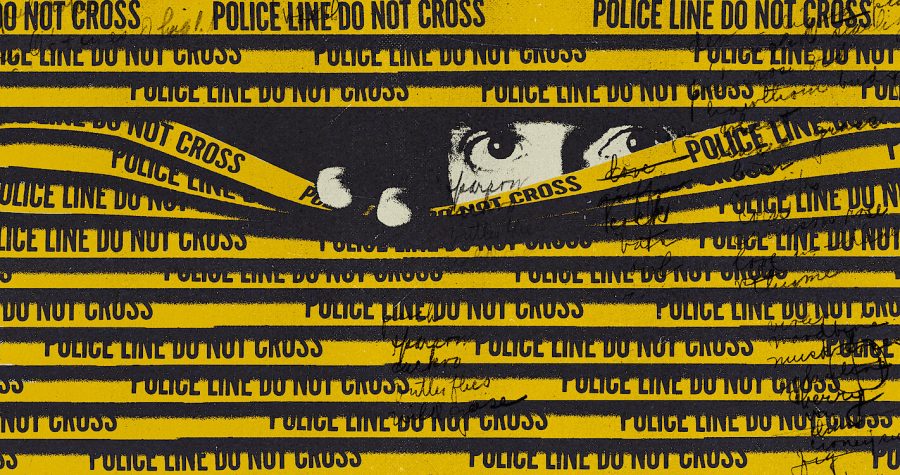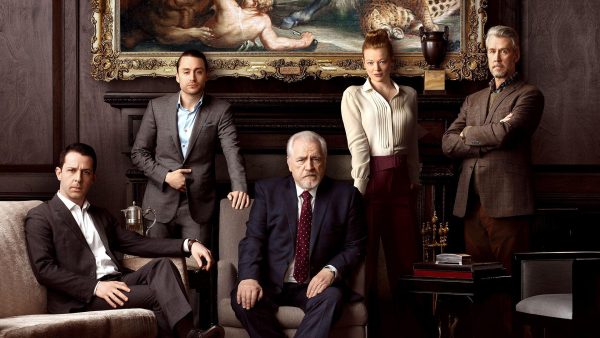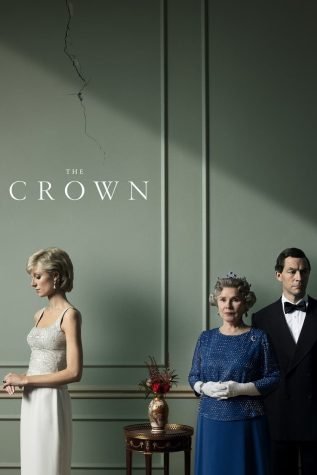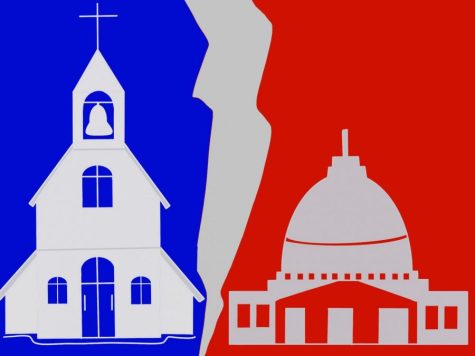Why Does America Have a Grotesque Obsession with True Crime?
Since the moment true crime became a marketable genre, thousands of podcasts, documentaries, social media accounts, and biographic and even fictitious films and television shows have been shoved down the throats of the public.
This odd form of entertainment has become the cornerstone of national conversations.
Gone are the days when talking about your fascination with Ted Bundy was seen as a niche topic. We now live in an era where television shows like Netflix’s Dahmer – Monster: The Jeffrey Dahmer Story, which is a terrible title for a show by the way, and real-life criminal cases like the 2022 University of Idaho killings are viral moments in the media.
And even though I’m criticizing this true crime epidemic, I am not going to stand on my mighty soapbox and say I’ve never willingly consumed this form of media.
And without a doubt, I’m not alone in thinking that there has been an uncomfortable shift in the American subconscious. Before, these events were seen as tragedies and frightening moments to take harsh lessons from. But now, I fear it is only the next “great” form of entertainment.
I have to ask: why do Americans seem to have this grotesque obsession with true crime?
Yes, this is not a new issue. Cases like the Jack the Ripper murders have always had a cult-like following curious about every horrid detail. And yes, this fad isn’t only located in the United States.
But one must admit there is a relationship between true crime and young Americans that have crossed the socially accepted line of wanting to understand how and why someone can commit such a terrible act.
If one goes on TikTok or YouTube or Twitter, one will find an entire community dedicated to everything regarding the alleged murderer of the four college students in Idaho. Online sluthers have even managed to find the alleged murderer’s Spotify account and analyzed his taste in music, claiming this is a reliable way to understand his motives.
But this is not where it ends. Before the arrest of Bryan Kohberger, these online “experts” and “journalists” had made outrageous and downright foolish theories about who the murderer could be, which led to friends of the victims being dragged into the public spotlight and villainized for a crime they did not commit.
But present-day murder cases aren’t the only cases true crime fans have dug their nails into.
Because of Ryan Murphy’s latest Netflix series about serial killer Jeffrey Dahmer, his crimes have once again sparked a national curiosity. I have not watched this show, but fans of the series make the argument that Murphy and the cast seek to shed light on how the police failed the victims of Dahmer and how these horrific crimes could have been prevented.
But because of the victims’ race and sexuality, they were ignored.
If this was the mission objective for the show, I applaud them. Yes, a project like this would shed light on these uncomfortable subjects, but it seems like that conversation has been put to bed and other topics not concerning the victims have arisen.
People have recreated “humorous” scenes from the show, made dozens of memes, and even dressed up as the titular serial killer and cannibal.
And this reimmersion of Dahmer in the media and public consciousness has once again traumatized the families of those victims. After actor Evan Peters’ Golden Globe win, Shirley Hughes, the mother of Dahmer victim Tony Hughes, criticized the show again and Peters’ speech about him wanting something good to come from the series.
Some say it isn’t fair or reasonable to criticize the true crime community and the genre that has come from its birth. But why not?
Perhaps I am being overly dramatic or overanalyzing this trend but it seems to me that it has abandoned its original purpose of educating ourselves about these horrific topics.
It is less about education and more about lively entertainment. And we should be worried about that change, a change that feels like it happened overnight.
These TikTokers, podcasters, writers, directions, and actors have lost sight of the goal and are more concerned with profiting off of these events or straight-up desensitizing their consumers to the point where these crimes don’t hold the same weight as they perhaps once did.
And I think that is the problem here. We have been bombarded with this new form of entertainment to the point where we are no longer shocked and horrified by this violence and trauma.

Maleek Munroe is a senior at Mercy College, majoring in communications. He graduated Nyack High School, where he found his love and passion for both...













